Philip Yancey’s two dozen books exploring pain, doubt, grace and hope have sold 17 million copies, bringing comfort to readers wrestling with various crises of faith.
But writing these books has also helped Yancey deal with his own crisis of faith, which he experienced in a family saga of death, poverty and toxic fundamentalism.
In an interview, Yancey discusses his new memoir “Where the Light Fell,” published by Convergent Books, an imprint of Random House Group. The book released on October 5.
It’s a story of how one man’s painful upbringing birthed a passionate curiosity and fueled a writing career behind some of most celebrated Christian books of the last 40 years.
“I realized I had just written a prequel to all my other books, because it explains why I care about those things,” Yancey said. “I experienced some of the worst the church has to offer — and some of the best. My other books were my way of climbing back from a pretty difficult childhood and trying to find a solid place where I could separate the fake from the authentic.”
Your tax-deductible gift helps our journalists report the truth and hold Christian leaders and organizations accountable. Give a gift of $30 or more to The Roys Report this month, and you will receive a copy of “What If Jesus Was Serious about the Church?” by Skye Jethani. To donate, click here.
His father, a 23-year-old preacher, died just after Yancey turned 1 year old. He wouldn’t find out the truth until he was 18: Suffering from polio, his father had left the safety of his iron lung, believing that God would heal him so he could go to Africa as a missionary. He died less than two weeks later.
Their fervent mother then dedicated Yancey and his older brother, Marshall, to God so that they could fulfill their dead father’s calling to minister in Africa. This dedication would become a curse for Marshall, a brilliant but tortured soul who had no contact with his mother for 50 years until recently.
“We never quite fulfilled her expectations,” Yancey said of his mother, now 97. “She does not approve of me. So you can see where some of my interest in suffering and pain came from.”
‘Parade of fears’
At the same time, Yancey grew up in a Christian culture characterized by anti-intellectualism, tribalism, nonstop doctrinal bickering that led to regular church splits and a complete absence of Christian charity and love.
“That’s one reason I keep emphasizing God’s grace,” he said.
In the independent fundamentalist Baptist churches Yancey’s family attended in, fear was a powerful motivator. Communism was a constant threat, and people cheered at the assassination of former President John F. Kennedy — a Catholic. After that, the parade of fears continued with new enemies: secular humanism and HIV/AIDS. Later it would become Y2K. Today it’s vaccines.
“One of the things that troubles me most about the evangelical fundamentalist movement, as I’ve experienced it over the decades, is there’s always something to fear,” Yancey said. “The Bible says ‘perfect love casts out all fear,’ so if we’re going around afraid all the time, that says something about our view of God and our view of love.”
Yancey’s church also insisted that “people of color were created as inferiors to serve White people” — attributed to the curse of Ham in Genesis 9.
In other words, he said, “I grew up with White supremacy being taught in my church.”
Overall, Yancey said the fundamentalist gospel he received growing up in Georgia brought shame and fear, not peace and joy.
“Shame, because we were so different than the people around us,” he said. Yancey and his brother were expected to carry big red Bibles with their schoolbooks in the hopes of sparking evangelistic conversations. And once, while classmates took a school trip to go see a film version of Shakespeare’s “Othello,” Philip was required to stay clear of sinful Hollywood movies. He recalled spending the afternoon in an empty classroom researching Chaucer instead.
Growing up dirt poor as “trailer trash” brought more shame. Yancey attended five elementary schools in six years as his mom repeatedly moved to find cheaper rent. He had to reuse stained paper lunch bags day after day to save a few cents.
Yancey said poverty left a lasting mark on him. He’s still so “cheap” that when a sock develops a hole, he simply puts it on the other foot.
But the future writer would be saved by books like “Animal Farm,” “Brave New World” and “Lord of the Flies,” which he said showed him “a wider world outside the little aluminum box on a tiny little church’s grounds,” where he, Mom and Marshall lived.
“When I picked up a book, it was like I got a magic carpet and could fly to France or London,” he said.
“To Kill a Mockingbird” and “Black Like Me” started changing his beliefs about race.
“I found out that some of the things they taught me were flat out wrong,” he said. “They lied to me about race, and if they lied to me about that, maybe they lied about the Bible and about Jesus. This sparked a crisis of faith for me that would work itself out over decades as I tried in my own writing to come to terms with some of these things.”
Compassion and truth
A growing interest in science was among the reasons Yancey left a fundamentalist college in South Carolina to attend Wheaton College in Wheaton, Illinois, where he would later join the staff of evangelical magazines “Campus Life” and “Christianity Today.”
Yancey addressed the dangers of fundamentalism in his 2001 book, “Soul Survivor: How My Faith Survived the Church,” which focused on Christian writers like Martin Luther King Jr., Robert Coles and former U.S. Surgeon General C. Everett Koop.
“Growing up, most of the people I saw were made smaller by their faith, but these people were made larger by their faith,” he said.
His publisher planned a major “Soul Survivor” media campaign designed to introduce Yancey to a broader, mainstream audience outside the evangelical marketplace. But those plans were upended by the 9/11 attacks in New York and Washington. Wall-to-wall media coverage of 9/11 left little room for coverage of a book about writers. His publishers got better traction with a rereleased version of one of his earlier bestsellers, “Where Is God When It Hurts?”
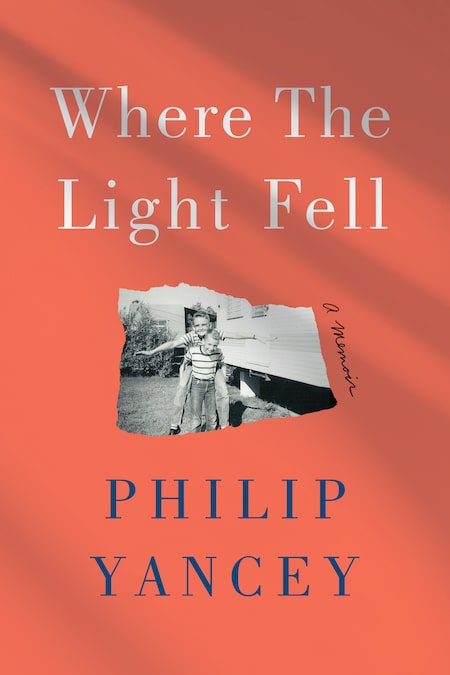 In a recent tribute to fellow writer Walter Wangerin, who died in August, Yancey mentioned Wangerin’s reluctance to publish anything about his own wild family-of-origin stories. So why did Yancey feel he could spill the beans on his own family? He said he followed the example and counsel of writer Frederic Buechner, who wrote about his own father’s suicide.
In a recent tribute to fellow writer Walter Wangerin, who died in August, Yancey mentioned Wangerin’s reluctance to publish anything about his own wild family-of-origin stories. So why did Yancey feel he could spill the beans on his own family? He said he followed the example and counsel of writer Frederic Buechner, who wrote about his own father’s suicide.
“I’ve been waiting a long time to write some of these stories,” he said. “I was tempted to leave some of these stories out … and other stories didn’t make it (in). I finally decided that I do have the right to describe the effect of all of this on me, but I wanted to be very careful and try to do it with compassion and with hope.”
Another motivation was Marshall. “I’m validating my brother, who has been the wounded person in our family,” Yancey said. “I’m holding him up as a worthwhile human being.”
And for a writer, there’s always the audience.
“Readers who have fractured families or unhealed wounds — they’re the ones I’m writing to,” he said. “I’m trying to be as compassionate as possible and as truthful as possible in the hope that my stories of dealing with my childhood wounds can help other people come to terms.
“Nothing was wasted. All was used in forming the person I am.”
This story was originally published by Religion Unplugged.
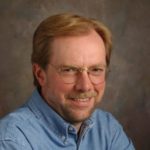 Steve Rabey is a veteran author and journalist who has published more than 50 books and 2,000 articles about religion, spirituality, and culture. He was an instructor at Fuller and Denver seminaries and the U.S. Air Force Academy.
Steve Rabey is a veteran author and journalist who has published more than 50 books and 2,000 articles about religion, spirituality, and culture. He was an instructor at Fuller and Denver seminaries and the U.S. Air Force Academy.





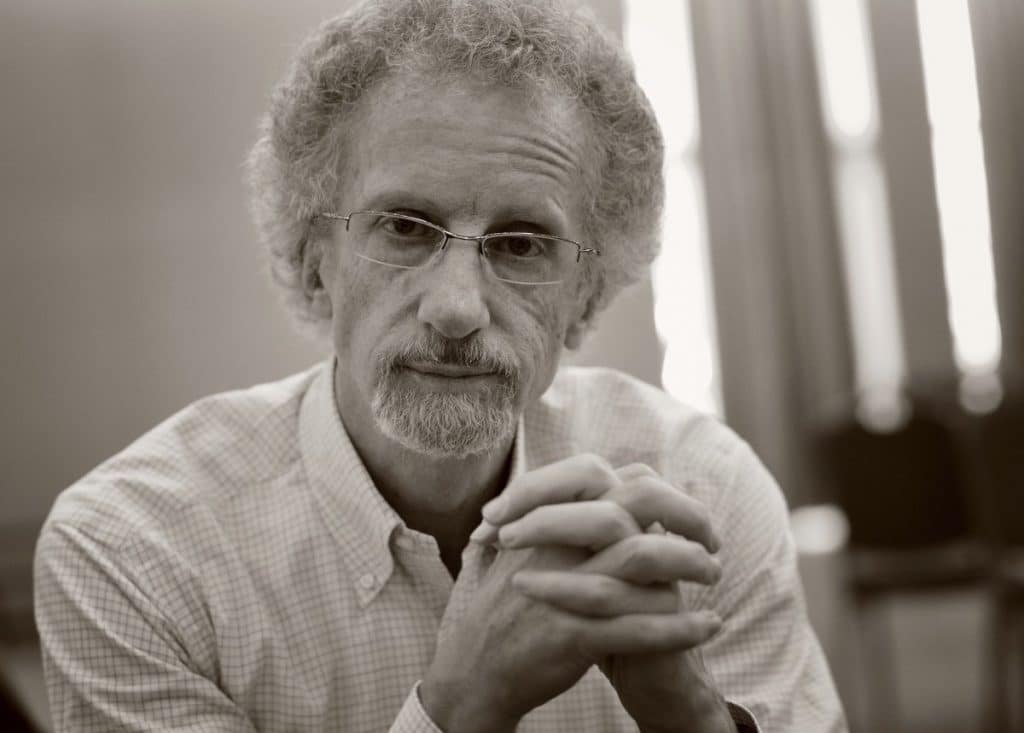
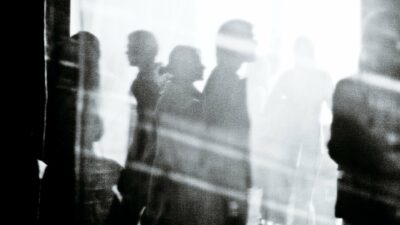
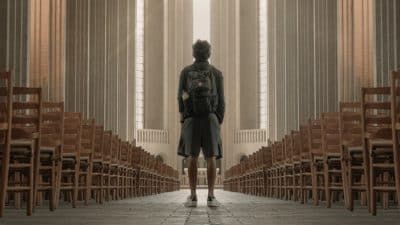
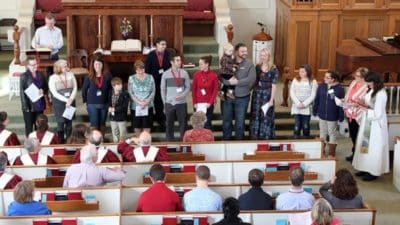
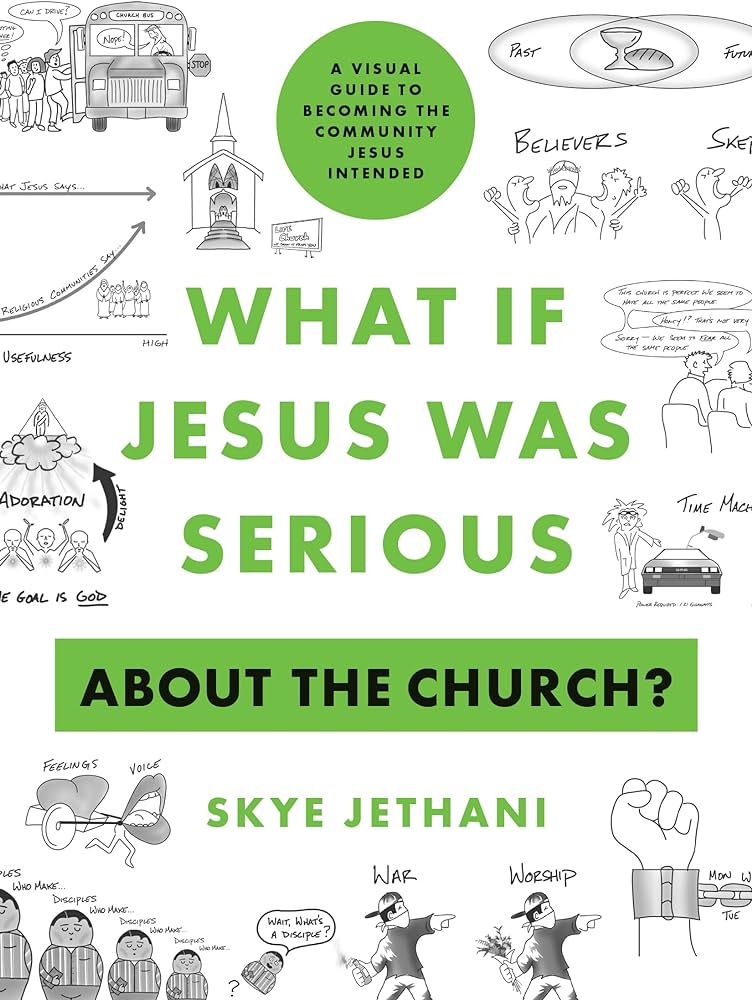
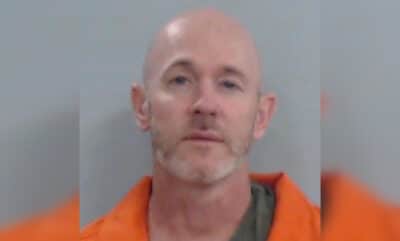
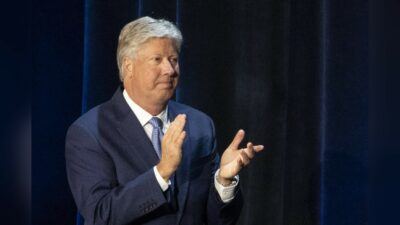
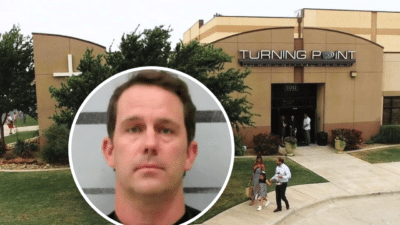
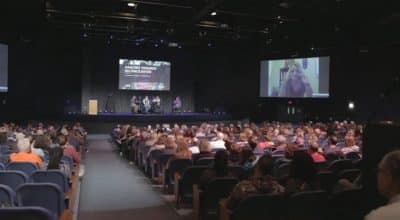
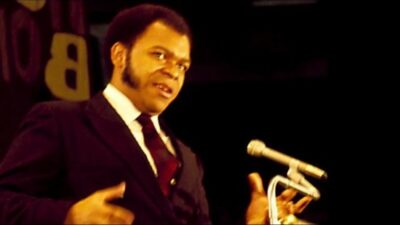
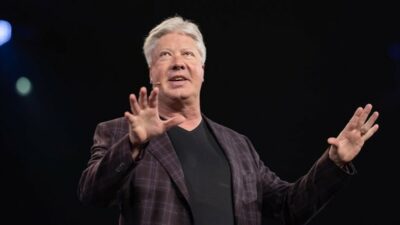





8 Responses
What a sad tribute to a movement that emerged to face one of the greatest challenges to orthodox theology in the 19th and 20th centuries. Unfortunately, when a movement’s primary reason for existence disappears (“modernism” is mostly dead), it looks to repurpose itself. Fundamentalism became all about what Christians should be “against.” The healthy emphasis on the Scriptures as our ultimate rule for life transitioned into an invasive hermeneutic that made a specific application of the text the ultimate rule for life. To be fair, Fundamentalism is almost as varied a label as “Evangelical” at this point, and there are solid, healthy churches within that movement. Unfortunately, Yancey’s experience would not be a rare one though. May we hold tenaciously to the clear teaching of Scripture, while holding loosely to our personal applications…
I was born a few months before Philip. How he then describes his biographical career, chimes well with my sense of my own. I sense that the era in which we occurred and grew, was a strong factor. Compared to how we understand collective things currently, fundamentalism (generically understood) was part and parcel of our Western cultural life. The fundamentalism not always as strident as in Philip’s childhood, but always there as a strong cultural force. Such that many moving in their lives from 1949 to 2021 (and beyond perhaps), have had to go through the process of reconsidering and reinventing themselves, in a manner flagged well by the books Philip has authored, but the detail of each journey singular to the person taking it.
I understand. My childhood church would’ve been similar, but the elders were too thick to get that far! Anti-intellectualism was the glaring trait. The greatest bulwark against it was my mother’s innate sensibleness. Whew. Bullet dodged.
I grew up in a church labeled as a fundamental Baptist church. Never did they look down on blacks or take a superior view of themselves, and the Bible was central to all teaching.
My present church just worshipped beautifully with a black Baptist church this past Sunday afternoon in Cleveland Ohio…
I have heard of some Southern churches with skewed doctrine as mentioned in this book, but I wish the label of “fundamentalism” did not have such negative associations!
He got the worst of two worlds: hardline fundamentalism and hardcore Pentecostalism (the branch that doesn’t believe in modern medicine). Amazing that he didn’t walk away from God completely.
Much could be said in defense and justification of both Fundamentalism and Pentecostalism; both finding echoes in the spirit of the 1960s across which Philip passed. Both are justified Biblically.
The bottom line theologically and philosophically, is that all obstructing beliefs can be deconstructed (the 1960s aspect), and that fresh believing can proceed unfettered with no set limits on what might be mediated.
The cautionary note then is that much is asked of any believing, if what it appears to promise is to actually come about. Its a very complex circumstance in which a human being might put themselves.
Where the believer is a parent, and a believer living in hope rather than consummation, the cautionary note doubles. To impose such fundamentalist believing on your children, be you secular or religious, is child-abuse pure and simple. Where such a believer acts in concert with other such believers, what they do tends to become simply political; and much of concern follows from that.
What Philip rather speaks to in his works, is reasonable safeguarding; really by way of opening ones individual mind and heart to the evidence of otherness. So intelligent empiricism meets the promise of Fundamentalism, setting sensible goals for what might be secured through the marvel of explored belief. Loving one another looking good for that.
When I graduated from college, I went to a medical retreat in the Boston area. The main speaker was Yancey. At that time he was somewhat unknown. That would not last. His words profoundly affected me. I have read all of Yancey’s books, some twice. His thinking has had a major impact on my life. Looks like I have one more book to read. Thank you for this post.
I just finished listening to the whole thing on Audible. It was read by Yancey himself. I highly recommend it. It’s thoughtful and gracious, like the rest of Yancey’s work.